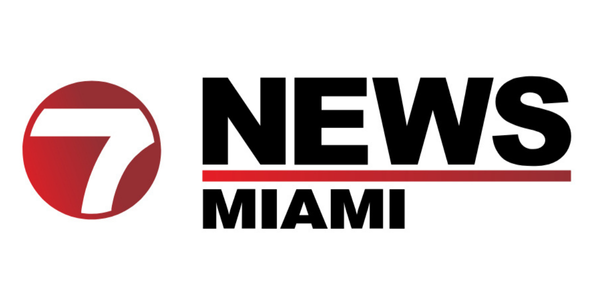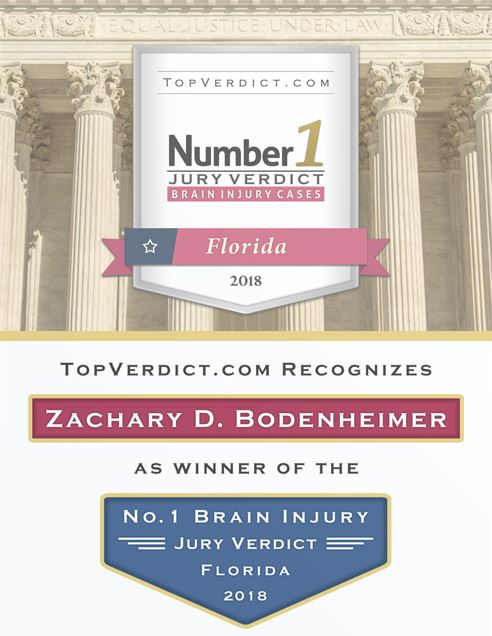- Free Consultation: 305-638-4143 Tap Here to Call Us
Florida Highway Patrol Trooper Seriously Injured in Midway Crash: Understanding Legal Options for Injured Officers
A Florida Highway Patrol (FHP) trooper was seriously injured in a collision Monday morning while responding to a speeding vehicle in Midway. The crash occurred at approximately 6:50 a.m. at the intersection of Blue Star Highway and Commerce Boulevard, according to an official statement from FHP.
The trooper was actively pursuing a speeding vehicle with lights and sirens activated when a white service pickup truck collided with the patrol car, causing significant front-end damage. Emergency responders reported that the trooper exited the vehicle but collapsed nearby as the patrol car caught fire.
Two bystanders, unidentified women, heroically pulled the trooper to safety before emergency crews arrived. The trooper was transported to Tallahassee Memorial Hospital (TMH) and underwent surgery for a broken foot. The other driver involved sustained minor injuries and was also taken to TMH.
Authorities have not announced any charges or citations, and the investigation into the crash remains ongoing.
Legal Considerations for Injured Law Enforcement Officers in Florida
Troopers and other first responders face unique risks while performing their duties, especially during high-speed pursuits or emergency responses. When an officer is injured due to the negligence or recklessness of another driver, there are several potential civil legal avenues to explore:
1. Personal Injury Claims
Injured officers may be entitled to file a personal injury claim against the at-fault driver. This could include compensation for:
- Medical expenses, including surgeries and rehabilitation
- Lost wages during recovery and future loss of earning capacity
- Pain and suffering, both physical and emotional
- Disability or permanent impairment damages
2. Workers’ Compensation
As a public employee, the trooper likely qualifies for workers’ compensation benefits, which cover medical bills and a portion of lost wages regardless of fault. However, workers’ comp does not compensate for pain and suffering or punitive damages.
3. Third-Party Claims
If another driver caused the injury, the trooper may file a third-party claim against the negligent party outside the workers’ compensation system. This claim can cover damages workers’ comp cannot.
4. Wrongful Death Claims
In tragic cases where a trooper or fellow officer dies due to a crash caused by another party’s negligence, surviving family members may pursue wrongful death claims to recover damages such as:
- Funeral and burial expenses
- Loss of financial support and companionship
- Emotional distress and mental anguish
5. Government Liability and Immunity Issues
Legal actions involving public officers can be complex due to sovereign immunity laws that protect government entities. However, when third-party drivers are at fault, liability usually rests with them.
Navigating claims after a serious injury in the line of duty requires specialized knowledge of both civil and workers’ compensation law. Insurance companies and government agencies often aim to minimize payouts or limit benefits.
An experienced personal injury attorney can help:
- Investigate the accident thoroughly, including reviewing dashcam footage and witness statements
- Advocate for fair compensation tailored to the unique circumstances of injured officers
- Coordinate claims under workers’ compensation and pursue third-party damages
- Handle complex issues involving immunity and public employee protections
If you or a loved one is an officer injured on duty due to another’s negligence, it is critical to understand your rights and legal options. Protect your future by consulting with a knowledgeable personal injury lawyer who understands the challenges faced by law enforcement personnel.
At Flanagan & Bodenheimer Injury and Wrongful Death Law Firm, we provide compassionate, aggressive legal support to injured public servants across Florida. We offer free consultations and operate on a contingency fee basis, no fees unless we win.












